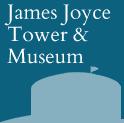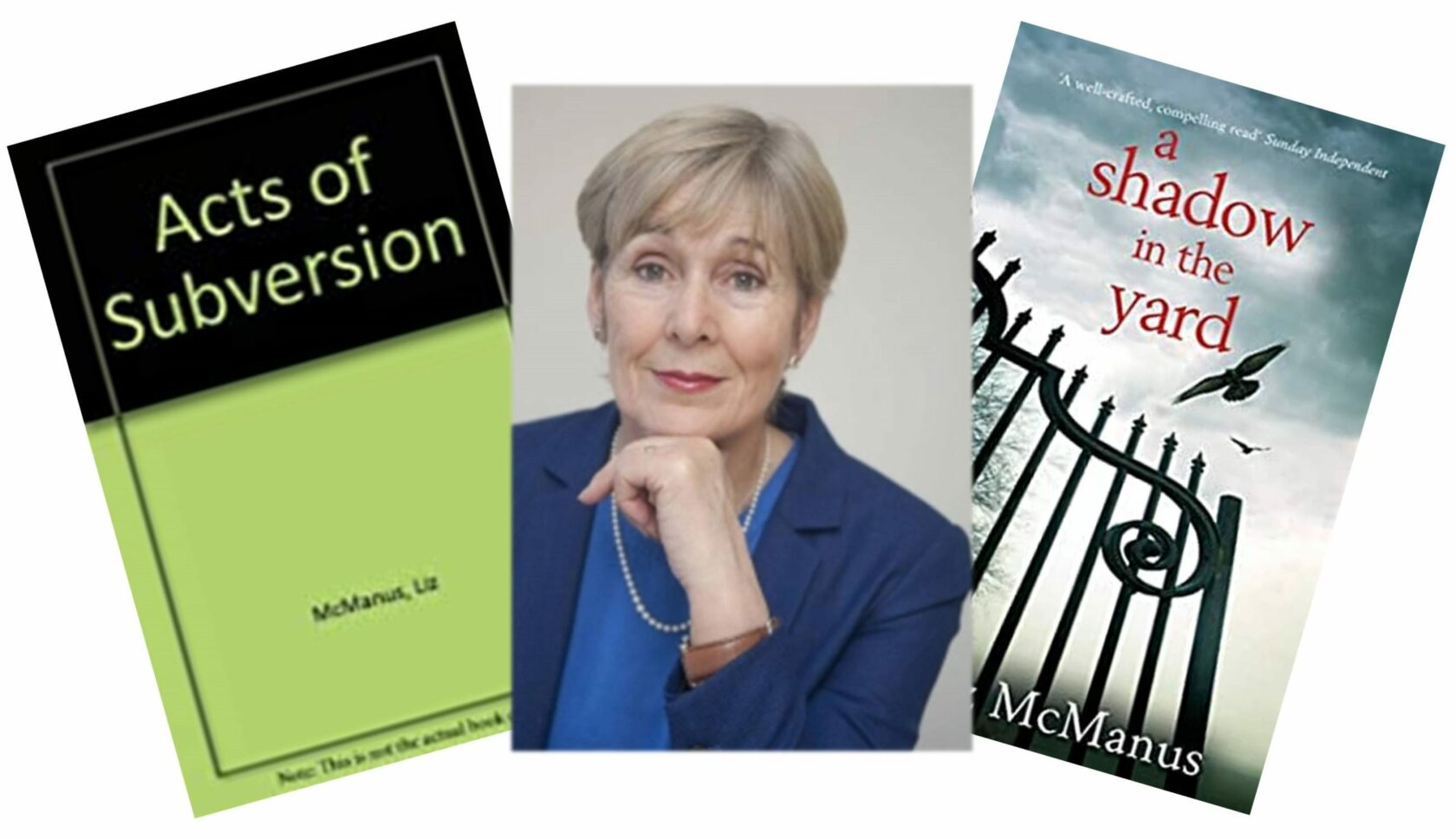It is, of course, an outrage to see the introduction of draconian and oppressive measures that encroach upon our basic human rights.

No, not the recently introduced Garda powers (sadly necessitated by a selfish minority), but the power assumed by Andrew Basquille, organiser of the FJT Zoom sessions, who can now, at a whim, ‘mute’ or ‘unmute’ any participant in these wonderful online gatherings. Has he gone too far this time? Has power corrupted him? And why did he give Maggie Fitzgerald the correct password this time? So many questions. Answers on a postcard please.
Notwithstanding these heinous assaults on our sanity and on our freedom, Andrew hosted another terrific session over the interweb on Wednesday.
This time, Liz McManus generously offered to guide us through her suggestions as to how we might unshackle the inhibitions that can bind our literary creativity. She encouraged us to take advantage of the lock-down and to write in a talk based on her circulated notes entitled ‘Everyone has a story to tell’.
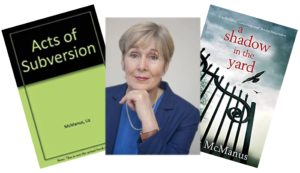
Liz, herself, is well-known in political and literary circles and her books have been highly praised. She has been the recipient of many prestigious literary prizes. We were, indeed, privileged to hear her views on the writing process as she shared her thoughts with us.
Liz began by pointing out, encouragingly, that one doesn’t have to be uber-intelligent and that we are never too old to give writing ‘a go’. She added that we all have the essential tools and a vocabulary to use, warning that it is not necessary to use big words but rather that, in most instances, simple language can convey meaning more effectively.
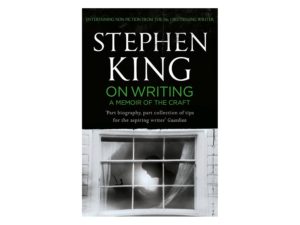
Throughout her talk, Liz quoted the novelist Stephen King. One quote from the master storyteller, for example, states, ’Words create sentences; sentences create paragraphs; sometimes paragraphs quicken and begin to breathe’. She strongly recommended King’s work ‘On Writing: A Memoir of the Craft’ as a good source of advice for aspiring scribes.
‘Never be afraid to review and edit and reedit’, Liz counselled. ‘Murder your darlings’ is a pertinent adage for any would be author, she advised. She gave an example of how a single sentence can, when properly crafted, communicate infinite meaning and arouse deep emotion when she quoted the 6 word story (sometimes attributed to Earnest Hemmingway):
‘For sale: baby shoes, never worn’.
Rather disappointingly, Liz suggested that fame and fortune should probably not constitute the key motivations to write but rather a desire to ‘tell your story, embark on a journey of self-discovery and to leave a record of your experiences for future generations’.
Liz gave very practical advice to the aspiring writers among us and covered many areas including, what to write about (our memoires, what we know), how to structure a story (Beginning, middle and end), how to start (5 stories/episodes we remember) and, most importantly, to just … START WRITING.
In addition to King’s book, Liz shared a couple of others which she, herself, found useful: ‘Becoming a writer’ by Doreethea Brand and ‘How Fiction Works’ by James Wood.
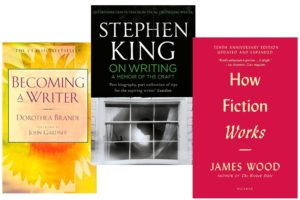
Liz’s talk was full of suggestions like ‘writing in a group’ or ‘believing in yourself and in the story you are telling’.
We were treated, throughout the Zoom session, to an insight into a successful author’s thoughts on the writing process, the discipline required to write and the joy of the writer’s journey.
To paraphrase Seamus Heaney (quoted by Liz): ‘If we do write something, whatever it is, let’s write for ourselves’.
There were several questions from an entranced audience after Liz’s inspiring words. Some were quite personal (Joe Gallagher had some queries regarding his colon), others were suggestions on the writers motivation (grief, mental fragility etc), others had suggestions for further reading and others, still, gave us the benefit of their own experiences as writers.
The best questions and observations came from the wonderfully talented, handsome (even in a Zoom frame) and, ever modest, James Holahan. He talked about writing as a release during difficult life experiences.
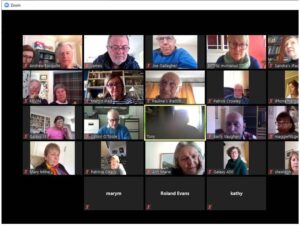
Other contributors included:
Paddy Breathnach recommended the ‘War of Art’ by Stephen Pressfield.
Conor O’Toole who referred to ‘Darkness Visible’ by William Stryon as a good account of writers’mental health issues.
Anthony Jordan (Ms?) who talked about his experience of writing a novel compared to writing biographies.
Philip Pearson who related a very complicated story about Ivanka Trump, Seamus Heaney and John Scanlon?
Roland Evans spoke of the importance of daydreaming and music in the writing process
Thanks to all of these (and those I missed) for making the discussion/question session lively and informative
All-in-all, it was a terrific way to spend an hour in the company of some interesting people and to escape the seclusion imposed upon us by this dreadful virus thingy.
Thanks Andrew for making it happen and thank you, Liz, for making it so engaging.
Can’t wait for the next FJT Zoomer!
